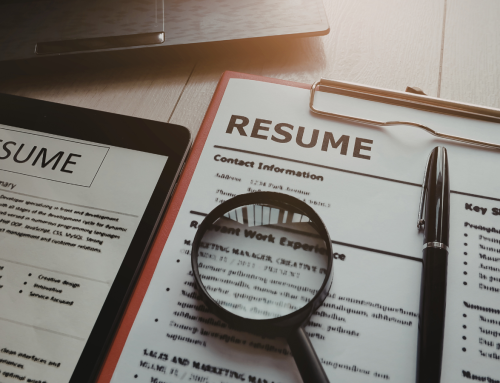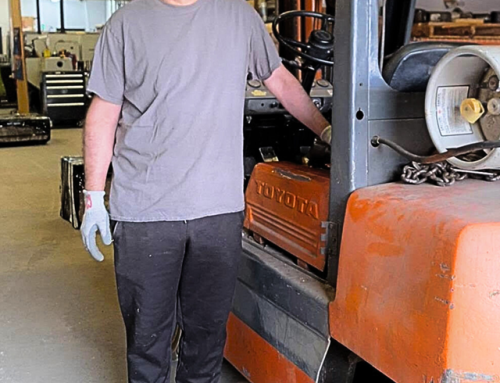
Many of EmployAbilities’ programs include a work experience component. We know that practical work experience and training for individuals with disabilities and barriers to employment are very impactful. Not only does it build your resume and experience, it often leads to a permanent placement.
This article explores how such opportunities pave the way for their success in the workplace, promoting inclusivity, independence, and personal growth.
Work experience builds confidence and independence
Practical work experience and training provide the chance to develop confidence and foster independence. Through hands-on learning, individuals gain a sense of accomplishment, honing their skills and knowledge. Feeling empowered can help overcome self-doubt. As they tackle tasks and contribute to the workforce, their self-esteem grows, paving the way for enhanced job satisfaction and overall well-being.
Work experience develops skills and adaptability
Training programs that include work experience offer the opportunity to gain and practice essential job skills. Whether through classroom instruction or on-the-job training, you can gain soft skills, computer skills, teamwork skills, and responsibility. More specifically, specific on-the-job training ensures you’re equipped to do the job. It can also allow you to adapt to different work environments as you learn about the expectations of the job. The ability to adapt makes you more employable and can open doors to career advancement down the road.
It breaks down barriers
Practical work experience and training contribute to breaking down barriers and changing societal perceptions about individuals with disabilities. For example, showcasing their capabilities and achievements in the workplace can help challenge stereotypes and biases. Employers and coworkers will see the valuable contributions they bring to the workforce. Thus, fostering a more inclusive and diverse work environment. This shift in perception promotes equal opportunities and reduces the stigma associated with disabilities or people with barriers to employment.
Work experience builds supportive networks
Practical work experience allows you to connect with supportive networks. For example, you can interact with peers, mentors, and other people at the job and in the industry you work in. Building networks and community can provide guidance, encouragement and resources. In addition, these connections can help you build your knowledge on the job and lead to potential future employment opportunities.
Are you looking for job skills training and practical work experience? Check out EmployAbilities’ programs!





